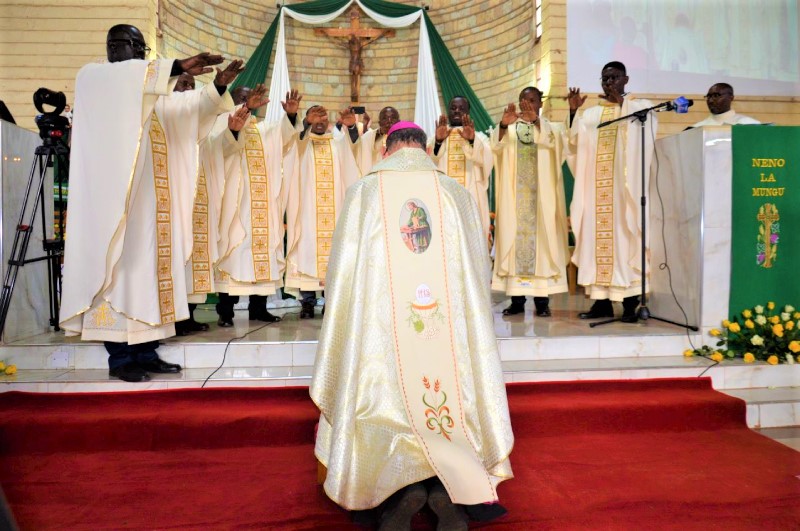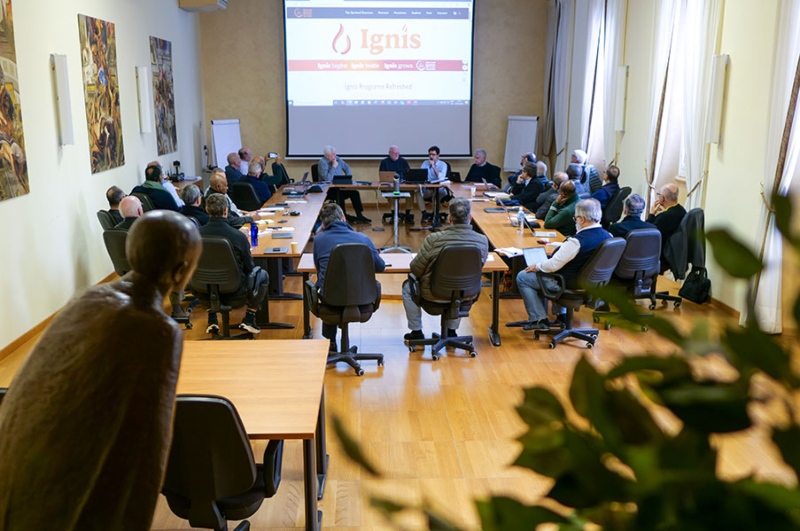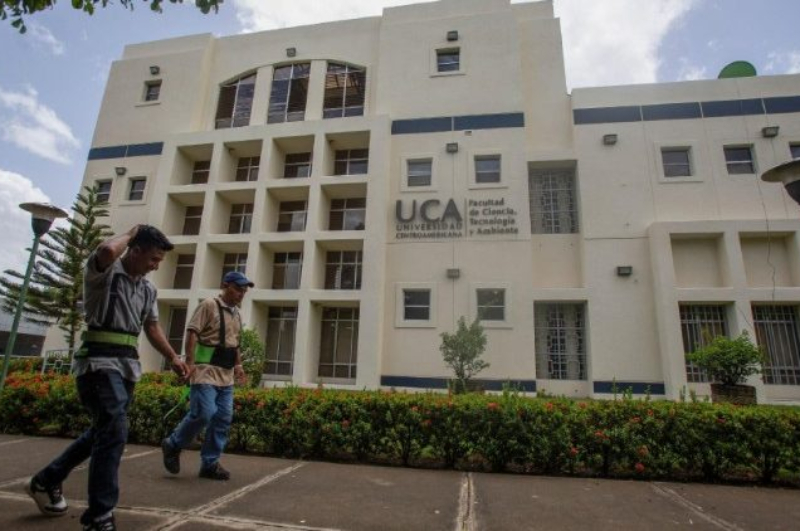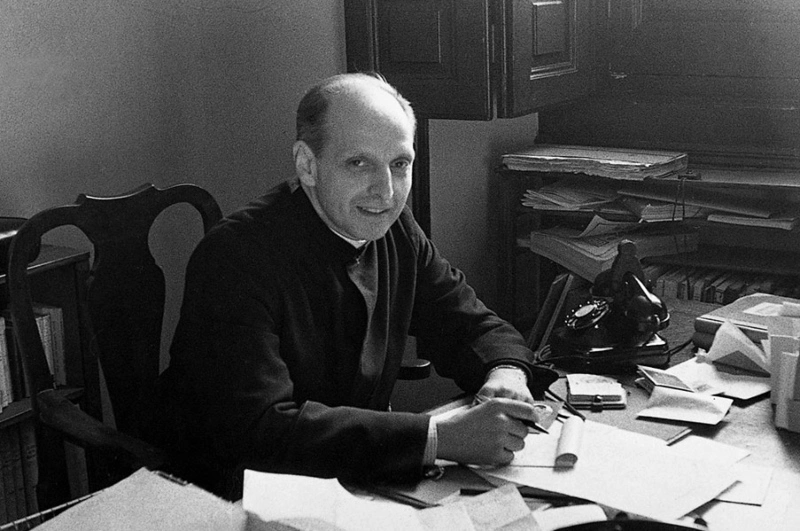

On 14 November 2024, the investigation of the cause of canonization of Fr Pedro Arrupe, SJ, will come to its official end at the Diocesan level.
This will be the culmination of many years of hard work and diligent research into the life and ministry of this “Servant of God” as he is considered for canonization. But who is Pedro Arrupe, and why is he so important to the Church?
Born in Bilbao, Spain on 14 November 1907, Pedro Arrupe would become the 28th Superior General of the Society of Jesus and one of the most notable Jesuits of the 20th century. An eager student with an endless thirst for knowledge, Arrupe’s academic prowess led him to study medicine before his spiritual devotion drove him to enter the Society of Jesus in 1927.

In 1938, Arrupe was sent to Japan where he was an eyewitness to the horrors of World War II. He was ministering in Hiroshima on 6 August 1945, when the city was destroyed by the atomic bomb. In the aftermath, Arrupe used his medical training to treat the victims of the bombing amidst the ruins of the city. His experience would forever change him and form the General who is most known for promoting peace, justice and compassion in the face of suffering. In 1958, Arrupe was appointed the first Jesuit Provincial for Japan, where he continued to serve the people until his election as Superior General of the Society of Jesus on 22 May 1965.
Less than 7 months later – on 8 December 1965 – the Second Vatican Council would end, and Fr General Arrupe would use the experience of his 27 grace-filled, providential even if tumultuous and challenging years in Japan to steer the Society through the changes brought by the Council. Arrupe based his leadership on a “faith that creates justice” and moved the Society to be more intimately involved with the poor and marginalized – not just on an academic level, but hands-on in and among the communities that he sent the Society to serve. Under Arrupe, Jesuits were encouraged to engage in sociopolitical discourse, work on initiatives in education and social services, advocate for human rights and social justice, and to see beyond our small parts of the world. And yet, even as he pulled the Society through the changes of Vatican II into modernity, he remained a simple, prayerful, obedient and humble servant of the Church.
On 7 August 1981, Arrupe suffered a stroke just after returning to Rome from a visitation to Philippines. The stroke left him partially paralyzed and mostly mute. In 1983, he became the first Superior General of the Society of Jesus to resign, and he passed away on 5 February 1991.
His legacy spread echo across the world. From the establishment of Jesuit Refugee Services (JRS) to his mantra of a “faith that creates justice”, to the preferential option for the poor, Arrupe’s mark on the worldwide Society and the Church herself would echo on. His life is an example not only of service and compassion, but of humility and profound faith when faced with the needs of the People of God.
Related Articles
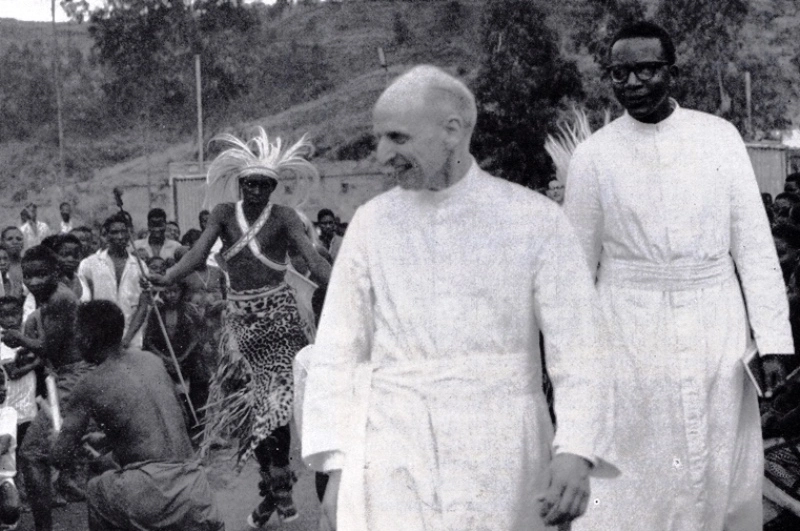
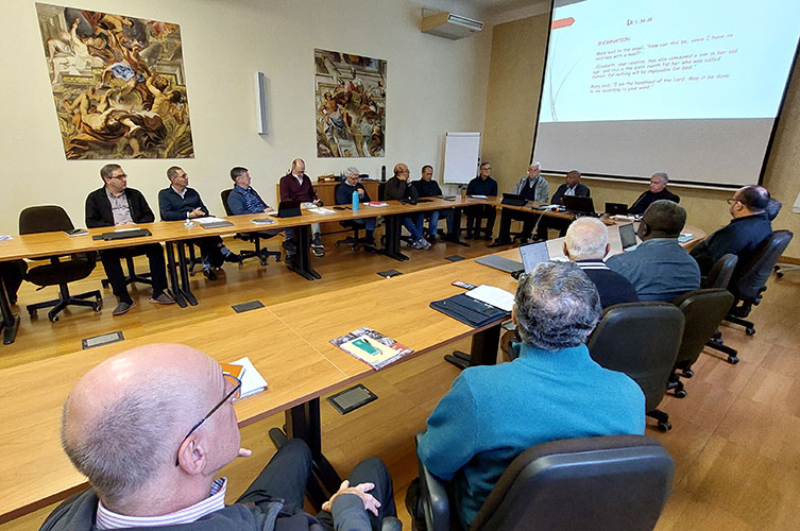
Select Payment Method
Pay by bank transfer
If you wish to make a donation by direct bank transfer please contact Fr Paul Hamill SJ treasurer@jesuits.africa. Fr Paul will get in touch with you about the best method of transfer for you and share account details with you. Donations can be one-off gifts or of any frequency; for example, you might wish to become a regular monthly donor of small amounts; that sort of reliable income can allow for very welcome forward planning in the development of the Society’s works in Africa and Madagascar.
Often it is easier to send a donation to an office within your own country and Fr Paul can advise on how that might be done. In some countries this kind of giving can also be recognised for tax relief and the necessary receipts will be issued.



